
OR
Opinion

Normally, it is corruption that is expected to create a crisis in the economy, in the polity and in society. But it is anti-corruption that is creating a crisis in Nepal.
On June 20, the Special Court sentenced three officials of the tax settlement commission for nine years of imprisonment and over Rs 6 billion penalty each. In the annals of corruption litigation in Nepal, this is the largest sentencing ever passed by the court. The convicted trio retains the right to review, this will possibly drag on the case for years to come. The Special Court verdict itself has come after six years of deliberation.
With the revelation of high profile cases like fake refugee scandal, Lalita Niwas land scam and near dramatic CIAA inspection of golden ornamental offerings (jalhari) inside Lord Pashupatinath Temple; corruption and its anti-dote - anti-corruption, is very much at the center stage of public debate and discourse. Prliament too is reviewing anti-corruption law reform. In this write up I will take some anti-corruption issues that are going to leave negative impacts.
Intrinsic vs. Extrinsic Motivation
Let us first take the case of court sanctioning of officials related to tax settlement.
Periodically, the government has been collecting tax arrears from defaulting business firms, by establishing a commission under Tax Settlement Act 2033. As reported in the media, the convicted officials were responsible for collecting tax arrears amounting to Rs 30.52 billion. But they collected Rs9.54 billion (31%) and waived Rs21 billion (69%). This is where the CIAA smelled a rat and brought charges.
In the realm of managerial motivation, it is the intrinsic factors like challenging tasks, work autonomy, freedom and self-satisfaction that provide true motivation. This is in contrast to extrinsic motivations like increasing pay, perquisites and promotion. In the anti-corruption literature, increasing severity of punishment and sanctions is expected to deter corruption by public officials. However, what we see here is a direct clash between anti-corruption values (reducing monopoly and discretionary powers) and managerial motivation that demand increased autonomy, freedom and discretionary power. Increasing the sanctions and punishments may inhibit intrinsic motivation or lead to risk aversion situations where bureaucrats prefer to work to the rules. We may easily end-up with Lok Man Singh Karki days where bureaucrats played safe by “passing the buck” to the Cabinet. This in turn has led us to demand, in the name of controlling policy corruption, investigating Cabinet decisions. The demand not only robs us the much needed vitality of the bureaucracy but even our democracy may be at stake.
Resource Mobilization vs. Demands for Integrity
The second issue is related to the direct clash between anti-corruption values and the state's need for mobilizing resources. The anti-corruption values demand integrity and transparency in the sources of money mobilized. This is particularly so with foreign direct investments. However, the demand for integrity and transparency clashes directly with the needs of developing countries to mobilize resources. Earlier, during the Finance Minister Dr Ram Sharan Mahat days, the government introduced Voluntary Disclosure of Income Scheme (VDIS), under which a mere payment of tax exonerates tax payers from disclosing the sources of his or her income. This makes a perfect opportunity to convert black money into white money or dirty money into clean money. I suppose there is a similar threshold for FDI under the Investment Promotion Board where disclosure of source is waived. The government’s decision to issue Nepali citizenship, albeit sans political rights, to non-resident Nepalis (NRNs) could also very easily come into conflict with anti-corruption provisions mentioned in the UNCAC, to which Nepal is a signatory.
Similarly, during emergency procurement of vaccines during Covid-19, the government was forced to infringe upon the procurement laws. For example, China imposed a condition that the government not disclose the prices of vaccines procured by Nepal. Sounds like not only a beggar cannot choose, but also he or she has to lose every time.
Peace Process and Cantonment Corruption
The third nagging issue that has been raised since we ended up with the peace process is: cantonment corruption. Cantonment corruption implies the Maoist Party siphoning off billions of rupees allocated for the PLA fighters in the seven camps, especially the party dipping on the wages and allowances of thousands of absentee fighters. One can argue against corruption in construction works or the supply of construction materials but the case of absentee fighters or fake fighters is a clear case of black corruption.
Whenever and wherever the issue of cantonment corruption is raised, the Maoist Party makes subtle threats of derailing the peace process. Sounds like we have bought the peace process through offering bribes to the Maoists!
In fact, during the decade long Maoist war, the looting of banks, holding out for ransoms and defying government rules and regulations became a norm. These values were transmitted during the peace period and helped to institutionalize much of the present day corruption.
Religion and Anti-Corruption
After nearly two years of slumber, the CIAA took a near dramatic physical verification and inspection of over 100 kg gold offerings to the Lord Pashupatinath Temple that could have easily triggered a religious riot in the country. It is fortunate that nothing unfortunate took place although some grumblings were raised by astute Hindu devotees. The CIAA action came after the issue was raised in parliament. Probably for security reasons, the CIAA used army and police for investigation but the process did not leave a good impression on the CIAA actions. The agency has not released its report to date as of this writing.
You May Like This
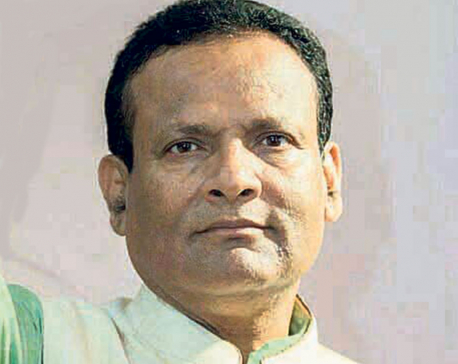
Fate of dozens of contracts handled by Pappu Construction uncertain
KATHMANDU, Oct 7: Corruption against promoters of Pappu Construction Pvt Ltd Hari Narayan Rauniyar and Sumit Rauniyar over the substandard... Read More...
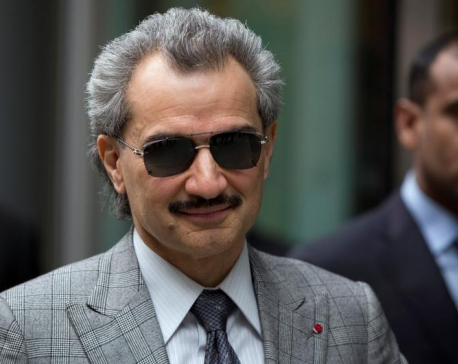
Saudi billionaire Prince Alwaleed released as corruption probe winds down
RIYADH, Jan 27: Saudi Arabian billionaire Prince Alwaleed bin Talal was released from detention on Saturday, family sources said, more... Read More...

Five govt officials, one JV representative charged with corruption
KATHMANDU, April 2: The Commission for the Investigation of Abuse of Authority (CIAA) has filed charges against Nalsing Gad Hydropower Development... Read More...





Just In
- CIB continues investigation into illegal driving license issuance case
- Hearing on 'murder' case against Agni Sapkota scheduled in SC after 17 years
- Ridi-Tamghas road to undergo a month-long closure from today
- Political party leaders express commitment to ensure consensus to promote investment in the country
- Ilam by-election update: UML's Nembang continues to lead in vote count
- Demystifying labeled Feminism
- Japanese Foreign Minister to visit Nepal next week
- Bajhang by-election update: NC candidate ahead by 249 votes





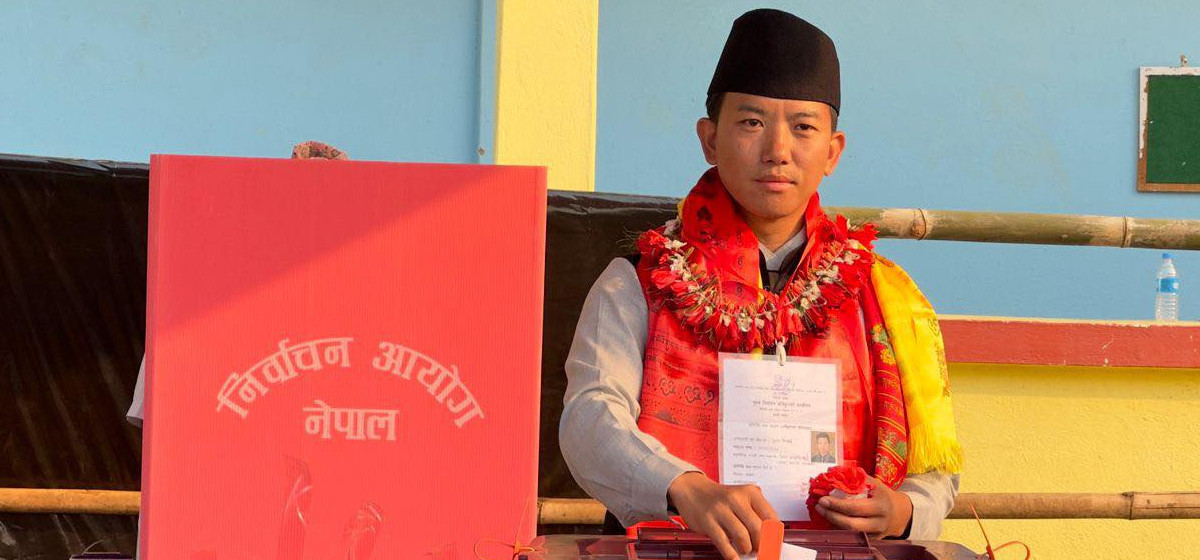

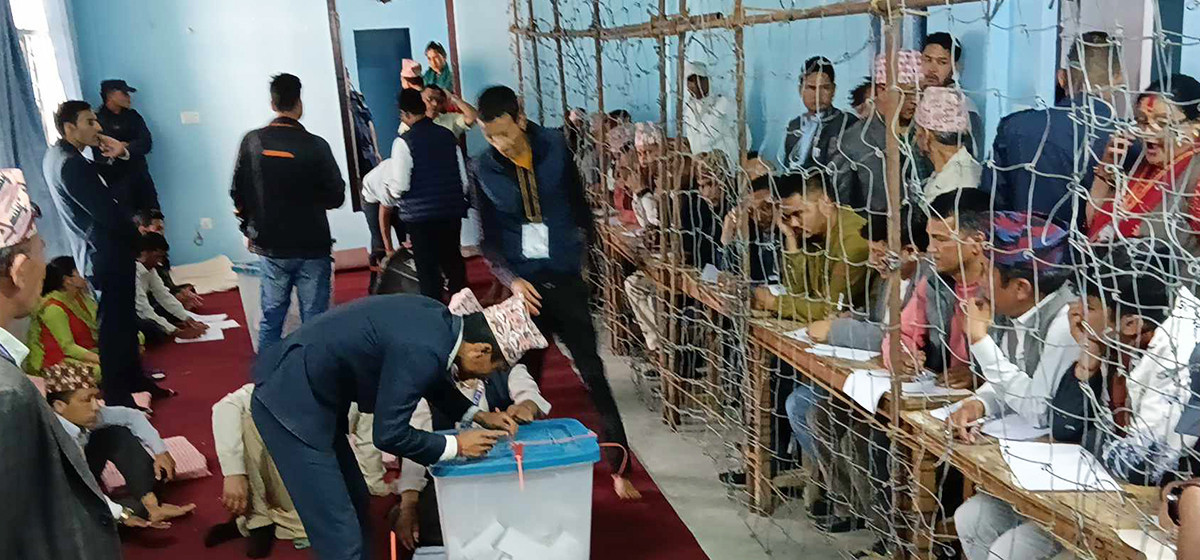

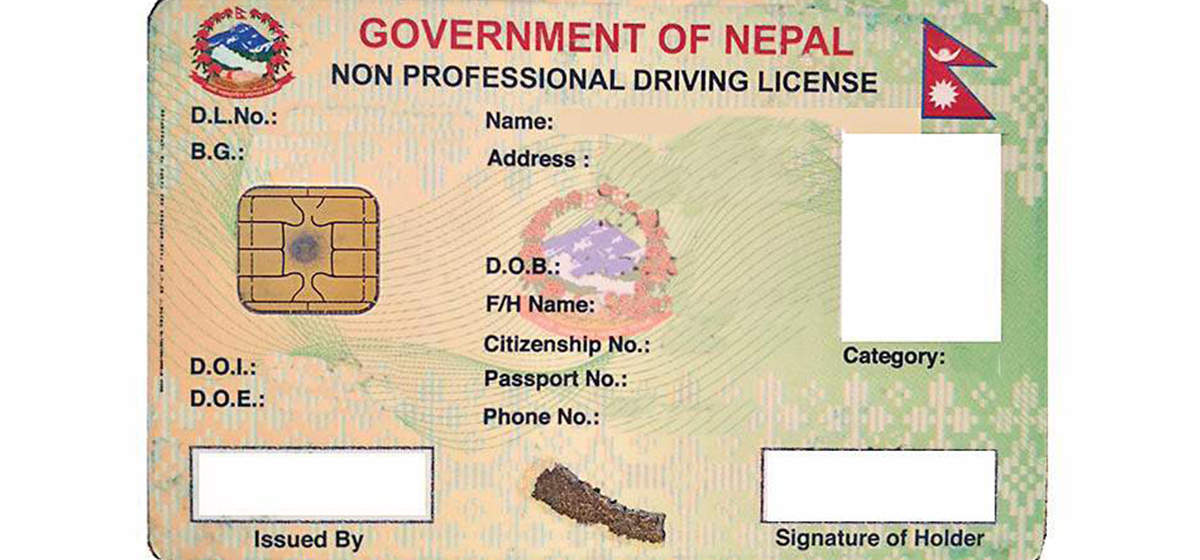

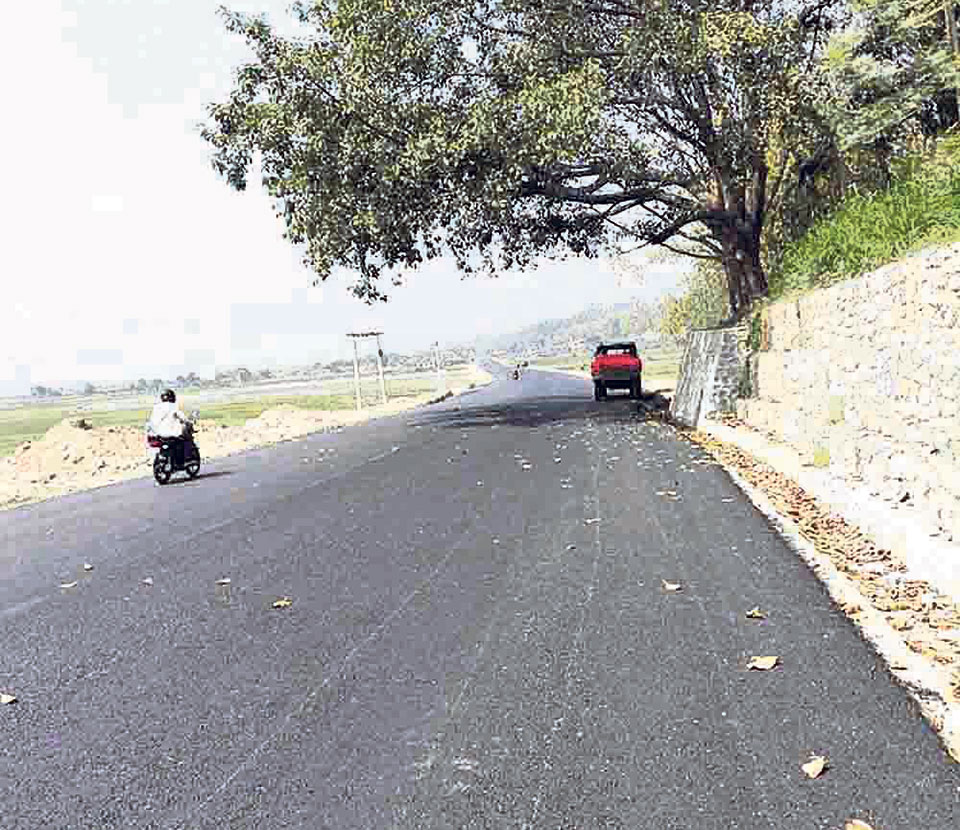

Leave A Comment